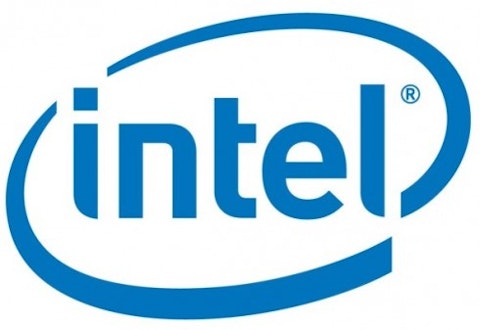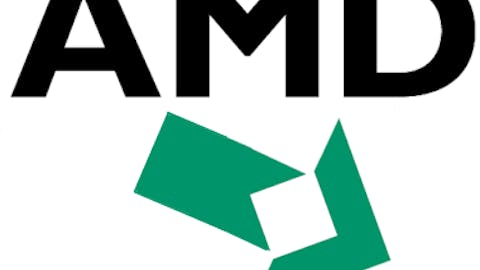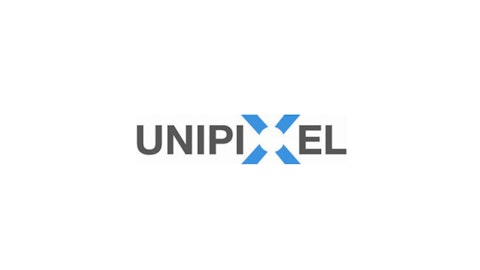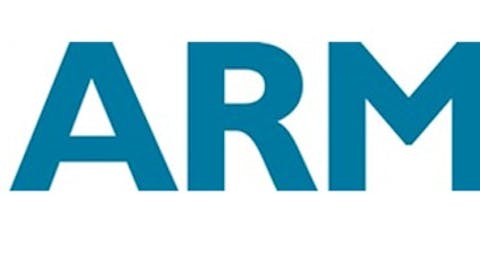While none of the announcements at Apple Inc. (NASDAQ:AAPL)’s WWDC last week were altogether breathtaking – although some choice words from Phil Schiller may have made some people gasp – the company’s product refreshes indicate two significant trends in the PC industry: consumers want laptops that last longer, as well as more powerful desktops.
Apple Inc. (NASDAQ:AAPL) tapped Intel Corporation (NASDAQ:INTC) for both tasks, as it’s the only chipmaker capable of delivering superior results in regards to both demands. Intel Corporation (NASDAQ:INTC)’s newest generation of chips just might save the PC industry from its rapid decline.

Are PCs good enough already?
In case you haven’t heard, PC sales are hurting. Research firm IDC estimated that sales were down 14% in the first quarter of the year after a 3.5% decline in 2012. There are a myriad of factors contributing to this downfall, but Fool contributor Travis Hoium contends that perhaps PCs have simply become “good enough.”
I happen to disagree with Travis. There are a couple of markets Intel Corporation (NASDAQ:INTC) is catering to with its newest generation of processors – all day laptop users and performance junkies are just two. Apple Inc. (NASDAQ:AAPL) seems to agree that they’re relatively important markets with its latest releases, and other manufacturers such as Sony have plans to join the party as well.
Intel Corporation (NASDAQ:INTC) has a lot of skin in the game–more than 60% of its revenue comes from the PC industry. While it’s making progress in the smartphone and tablet market, it still largely depends on PC manufacturers buying its chips. If computers aren’t selling, neither are Intel’s chips.
Real portable computing
With its newest generation of Macbook Air laptops, Apple claims it can provide up to 12 hours of battery life. Interestingly, the company gave most of the credit to Intel Corporation (NASDAQ:INTC)’s new Haswell chip.
With machines that last all day, and that are significantly more powerful and versatile, the next generation of ultra-portable computers powered by Intel actually stand a chance against tablets. More than 50% of computer users still use their machines to create content, something much easier on a computer with a keyboard than a tablet.
That’s why Microsoft tried to tackle the market with its Surface tablet and integrated keyboard case. That’s why we’ve seen an influx of computers with designs half way between notebooks and tablets. But many of these unfamiliar designs have fallen flat with disappointing sales.
Hoium is right in that many users may be content with what they have. But those that upgrade their computers are buying high-quality machines with an express purpose, not a budget-friendly laptop or a jack-of-all-trades. It doesn’t make sense to upgrade to a budget PC; it doesn’t offer nearly as much of an impact for most consumers as a leading-edge computer. That’s where Apple stands to gain as budget laptop makers lose.
Intel Corporation (NASDAQ:INTC) is powering a new generation of high-end machines that offer consumers a compelling proposition – the power of a PC, the mobility of a tablet. Those manufacturers that specialize in high-end machines such as Apple ought to see stronger sales as a result. Those that neglect the high-end and ultra-portable markets will likely continue to lose sales to tablets.
Gamers want speed, and nothing else matters.
Intel’s current generation of socketed chips (those designed for desktop computers) has done little to compel hard-core users such as gamers to upgrade their computers. The Ivy Bridge chips use less power and better integrated graphics, but these things mean little to the gamer crowd who usually buy separate graphics cards and don’t concern themselves with power consumption.
The Haswell generation offers users a compelling reason to upgrade – better performance. Intel will give gamers the choice of either 6 or 8-core CPUs, which may offer up to a 50% speed improvement over the current generation. That kind of improvement is enough to compel a lot of gamers to upgrade their machines.
Intel Corporation (NASDAQ:INTC)’s main competition in this space is Advanced Micro Devices, Inc. (NYSE:AMD). The company may have a stronghold on the gaming system market, but it’s well behind Intel in the high-end desktop processor market. In the last few years, Advanced Micro Devices, Inc. (NYSE:AMD) has lost significant market share in desktops to Intel as the latter ramped up the performance of its chips. I expect that trend to continue.
Advanced Micro Devices, Inc. (NYSE:AMD) won’t be transitioning to 28nm technology until the end of 2013, so it’s highly unlikely they’ll be able to compete with Intel on performance or cost. At the same time, Intel will be releasing its Haswell socketed chips (22nm). The smaller form factor makes them less expensive to produce.
This is a very clear win for investors. Intel Corporation (NASDAQ:INTC) ought to be able to dominate this market for a considerable time.
The savior of the PC?
The PC industry is struggling, but it’s not going away anytime soon. Intel’s leading-edge designs offer a more compelling reason for users to upgrade than its previous generation. Manufacturers producing high-end machines with Intel’s newest chips ought to see better sales than the rest of the industry.
When it comes to the PC market, Intel seems to be doing all the right things to make sure it’s biggest business doesn’t fall off a cliff while it expands into more mobile platforms.
The article Can Intel Save PCs? originally appeared on Fool.com and is written by Adam Levy.
Adam Levy owns shares of Apple. The Motley Fool recommends Apple and Intel. The Motley Fool owns shares of Apple and Intel. Adam is a member of The Motley Fool Blog Network — entries represent the personal opinion of the blogger and are not formally edited.
Copyright © 1995 – 2013 The Motley Fool, LLC. All rights reserved. The Motley Fool has a disclosure policy.





